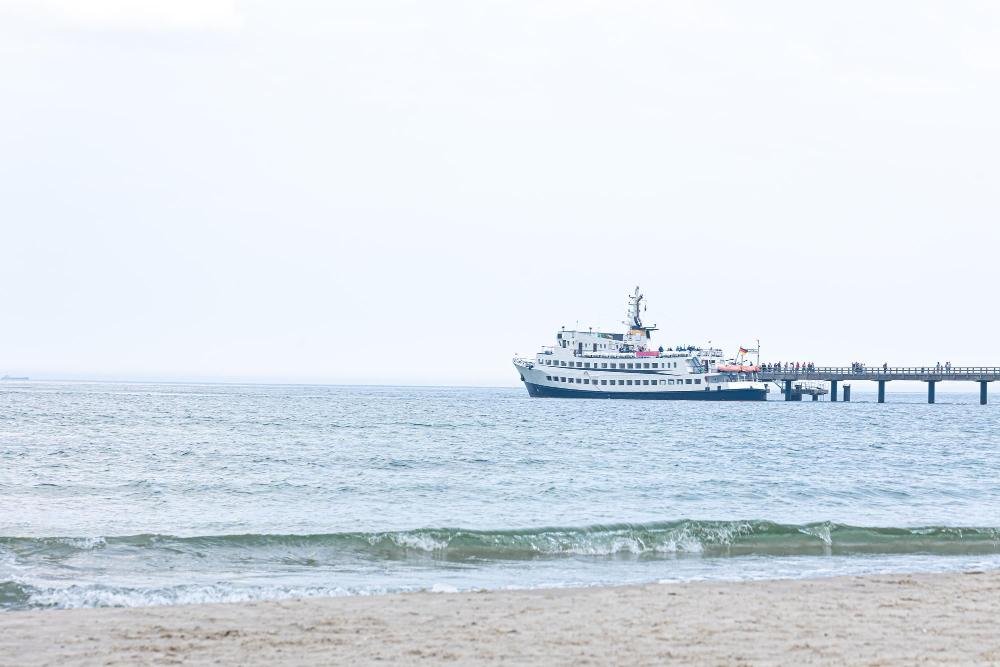Algeciras, strategically located at the southern tip of Spain, is one of the most significant ports in the Mediterranean and a vital hub for sea freight. Its position at the crossroads of Europe and Africa, coupled with its proximity to the Strait of Gibraltar, makes Sea Freight in Algeciras a key player in global maritime trade.
The Strategic Importance of Algeciras
Algeciras is more than just a port; it is a linchpin in the global supply chain. The port’s location offers direct access to major shipping routes connecting Europe, Asia, Africa, and the Americas. This strategic position has made it a preferred transshipment hub for global shipping lines. Algeciras handles a wide range of cargo, including containerized goods, bulk commodities, and vehicles, making it a versatile and essential port for sea freight operations.
Infrastructure and Capacity
The Port of Algeciras boasts world-class infrastructure, including state-of-the-art container terminals, extensive warehousing facilities, and advanced cargo handling equipment. With a capacity to handle millions of TEUs (twenty-foot equivalent units) annually, the port is equipped to manage large volumes of sea freight efficiently. The port’s deep-water berths accommodate some of the largest container ships in the world, ensuring that Algeciras remains competitive in the ever-evolving maritime industry.
Advanced Technology and Digitalization
The Port of Algeciras is at the forefront of adopting advanced technology and digital solutions to enhance its operational efficiency. The port’s proximity to the Strait of Gibraltar provides direct access to key shipping routes that connect Europe with other major international markets. This geographic advantage makes Algeciras a preferred choice for shipping companies seeking efficient routes for cargo transportation.
Challenges and Future Prospects
Despite its advantages, the Port of Algeciras faces challenges common to major ports worldwide. Congestion, evolving regulatory requirements, and the need for continuous infrastructure upgrades are key areas that require attention. However, the port’s proactive approach to addressing these challenges, coupled with ongoing investments in technology and infrastructure, positions it well for future growth.
Competitive Pricing and Cost Efficiency
Algeciras offers competitive pricing for sea freight services, making it an attractive option for businesses looking to optimize their logistics costs. The port’s ability to handle large volumes of cargo and its efficient operations contribute to lower overall shipping costs. The port’s facilities are designed to accommodate a wide range of cargo, including containers, bulk goods, and specialized cargo. This versatility enhances its capability to handle diverse shipping needs, ensuring smooth and efficient operations.
Looking ahead, the Port of Algeciras is set to play an increasingly prominent role in global sea freight. The continued expansion of its facilities, adoption of innovative technologies, and emphasis on sustainability will further enhance its reputation as a leading maritime gateway. As global trade dynamics evolve, Algeciras is poised to adapt and thrive, maintaining its status as a vital hub in the international shipping network.
Economic Impact and Trade
Sea freight operations in Algeciras play a significant role in the local and national economy. The port facilitates the import and export of goods across various industries, including automotive, electronics, textiles, and agriculture. The bustling trade activities contribute to job creation, stimulate local businesses, and support the overall economic growth of the region. The port’s economic impact extends beyond the immediate area, influencing trade patterns and economic activities across Spain and Europe.
Efficiency and Sustainability
In recent years, the Port of Algeciras has focused on improving operational efficiency and sustainability. Investments in green technologies and practices aim to reduce the environmental impact of shipping activities. The implementation of energy-efficient systems, waste management programs, and emission reduction initiatives reflects the port’s commitment to sustainable development. These efforts not only enhance the port’s operational efficiency but also contribute to the broader goal of environmental conservation.
Sustainability Initiatives
As global trade continues to grow, so does the focus on sustainability in the maritime industry. The Port of Algeciras is committed to reducing its environmental impact through various initiatives. By prioritizing sustainability, Algeciras is not only supporting global trade but also contributing to the broader goal of environmental stewardship.
Challenges and Opportunities
While Algeciras offers numerous advantages for sea freight, it also faces challenges typical of major ports. Congestion, competition from other Mediterranean ports, and the need for continuous infrastructure upgrades are ongoing concerns. However, these challenges also present opportunities for innovation and growth.
Conclusion
Algeciras Port stands as a vital gateway for sea freight operations, offering strategic advantages and comprehensive facilities for businesses engaged in international trade. Its position, infrastructure, and connectivity make it a preferred choice for shipping companies and traders alike. While challenges such as environmental regulations, port congestion, and security concerns must be addressed, the benefits of using Algeciras for sea freight are substantial.



